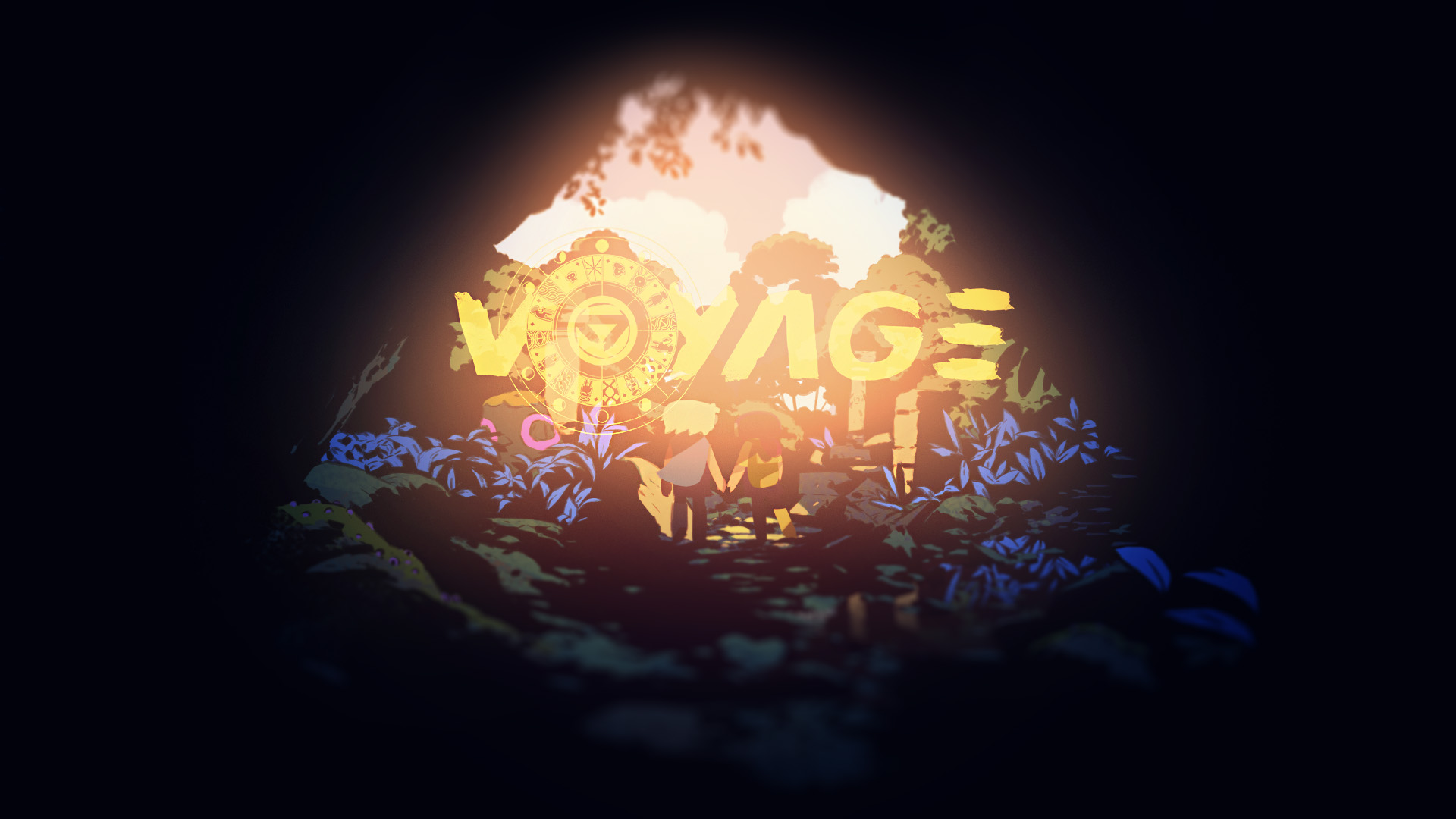A cinematic gameplay experience, Voyage isn’t about high-action, killing things, or saving the world. Instead, the player is treated to a single player or co-op two-hour narrative that feels like you are playing a watercolor painting.
With no story, background, UI, or text, the player is just thrown into the game and left to figure out what to do or where to go. If you watch my stream embedded here, I was really confused for several minutes as the game first started. Once I figured out that the game subtlety tells the player that you can swap controls between two characters, work together, and interact with things in the background, the lightbulb went off and I was hooked.
The two-character dynamic is interesting, ties directly into the gameplay, and works easier than you might assume. Both characters have the same abilities, but the non-playing character follows unless instructed to stay. Like Brothers or It Takes Two, each character helps the other perform simple tasks to overcome each obstacle. Need help over that ledge? Hit the button and boost the other player over. Large rock in your way? Use the strength of both characters to move it. Since there is no timer or enemies to kill, puzzle solving purely comes from navigating the environment and is never too difficult to solve. Pro tip, hold down the “A” button at all times as it will automatically interact with that one thing in the background that is the key to solving the puzzle, an element that you might have easily overlooked. Also, do not be afraid to backtrack to move forward.
For the most part, the entire game is a linear experience, most moving from left to right. There is a section in a spaceship, for example, where the player needs to navigate some elevators but is never confusing, frustrating, and progress always moves forward. Those interactive background elements are hard to miss because the painted visuals are endearing and no assets repeat.
The visuals are the star of the show and visually tell the story through the environment. From sweeping landscapes to dusty deserts, each area is unique, simple, yet sophisticated. Subtle clues also provide hints to the player such as something glowing with the press of a button or a ghost pointing in a direction. The hand painted backdrops are nicely done and merge carefully with the soundtrack. Even the controller’s rumble feature aligns well with the overall experience.
The minimalist approach gives the player a unique experience and the environmental storytelling is up for interpretation. The player is never told why these two characters are navigating this land, why there are ghosts in the background, and how teleporters exist. However, I think this game is better not giving the player this information as it makes you wonder and leaves potential for a continuing sequel. The puzzles might lack variety and there is no replay value, but the short campaign doesn’t outstay its welcome and consistently provides a high quality experience, one that favors its presentation over engrossing gameplay.
SCORE: 8/10
Also Play: almost anything from published by Nakana.io
Don’t Forget About: Endling – Extinction is Forever
Wait For It: Journey of the Broken Circle 2
By: Zachary Gasiorowski, Editor in Chief myGamer.com
Twitter: @ZackGaz
Please consider supporting me on Patreon.


0